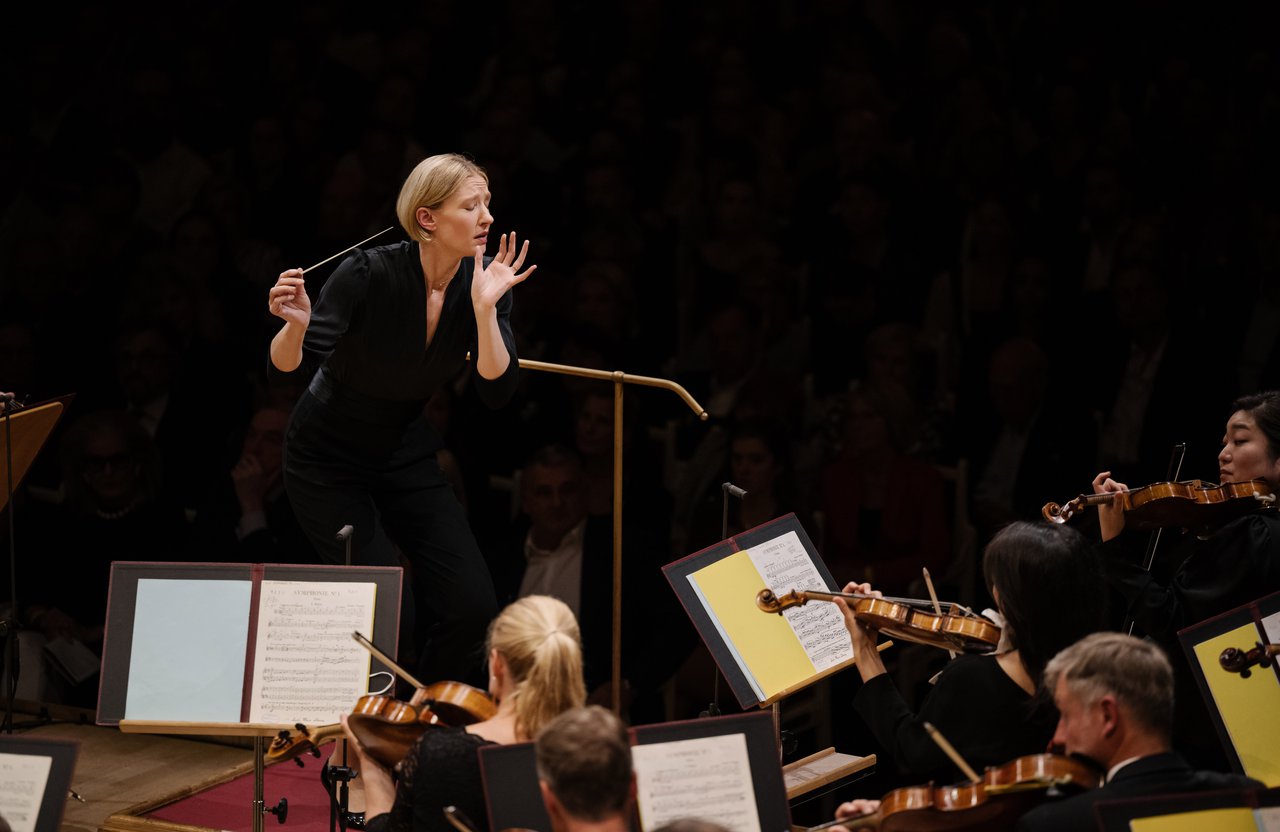11.00 Uhr
cappella academica, Christiane Silber
 Joana Mallwitz © Simon Pauly
Joana Mallwitz © Simon Pauly
Noise and insults, whistles and catcalls - the sophisticated audience let the Paris premiere of "Le sacre du printemps" in May 1913 end in pandemonium, thus writing theatre history and, of course, attracting further audiences to the so shocking ballet to Stravinsky's music. Orchestra musicians were involved into the fisticuffs as well, by the way.
The wife of choreographer and principal dancer of the Ballet Russes Nijinsky, Romola, even remembers consequences that went beyond the concert hall: Of a "beautifully dressed lady in an orchestra box" who rose to slap a young man who was hissing in a neighbouring box. Her companion stood up, cards were exchanged. A duel followed the next day." Whether or not anyone actually lost their life because of "Sacre", it's definitely a good story.
But hardcore fan cabals and composer allegiances aside: What was the immediate excitement potential of "Sacre" at that time? After all, the concert performance a year later was already a complete success and secured "Sacre" the path to becoming a modern classic.
On the one hand, the music shook listening habits: Stravinsky used the most sophisticated means to create monotonously primitive sound formulas, writes our programme author Harald Hodeige, quoting his colleague Heinrich Strobel: "Rhythm, or rather a primal rhythmic violence, forces the colourful expressive power of a giant orchestra under itself." Two passages in particular have become famous: the opening bassoon solo, based on a Lithuanian folk melody and repeating a simple motif; and the beginning of the second part with its massive chordal strokes, the nucleus of the entire work.
On the other hand, some parts of the audience were agitated by the fact that "Sacre" brought the sacrifice of a young woman to an archaic spring god onto the stage. It didn't belong there in the opinion of those who expected edification from culture. Neither did a primitively dressed, stomping company. Clever minds like the contemporary critic Jacques Rivière, however, understood exactly what the composer was after here: "Stravinsky tells us that he wanted to depict the dawning of spring. But this is not the usual spring sung about by poets, with its mild fragrances, its birdsong, its light blue skies and delicate greenery. Here is nothing but the merciless struggle of growing, the panic-stricken horror of the rising juices, the frightening regrouping of cells. Spring seen from within, with all its fierceness, its spasms and cracks. It's like watching a drama under a microscope."